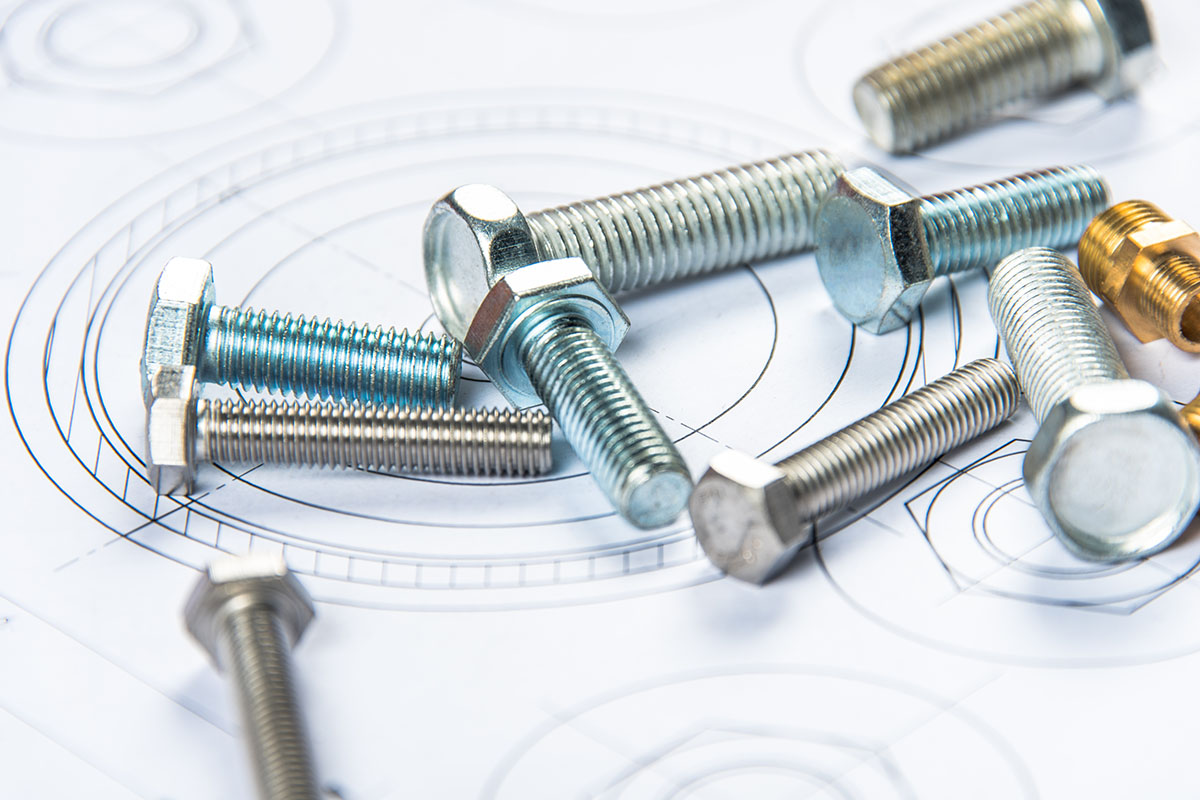Screws or Bolts: Understanding Their Distinct Uses and Advantages
When it comes to construction and DIY projects, the terms ‘screws’ and ‘bolts’ are often used interchangeably. However, this overlooks the distinct characteristics and specific applications of each. So, this exploration of fastener bolts, screws, bolts, and bolt fasteners aims to clarify these differences and highlight their unique advantages.
The Basic Differences: Bolts vs. Screws
At first glance, both may seem similar – they are threaded fasteners with heads used for tightening. However, a key difference lies in their design. Bolts usually have a plain portion along their shank and are not fully threaded, whereas screws are threaded all the way to the head. This difference in threading has practical implications for their use and functionality.
Installation Techniques: Where They Differ
Screws are typically installed into tapped holes. They may create their thread in materials like wood or may be screwed into a pre-threaded hole. They don’t require nuts as they secure themselves when tightened into the hole. Bolts, in contrast, are intended to be used with a nut. The hole for it is not tapped; instead, it is pushed through the material and secured with a nut on the other side.
Choosing Between Them
The choice between them largely depends on the nature of the project. Screws are generally shorter and ideal for applications where the fasteners bolts shouldn’t protrude on the other side of the material.
The latter, with their combination of threaded and unthreaded portions, offer stronger resistance against shear forces, making them suitable for applications requiring more strength and stability.
Specialized Applications: Security Concerns
Their design and selection become even more critical when security is a priority. For permanent fixtures where removal isn’t necessary, shear bolts are an excellent choice. They are designed to snap off after installation, leaving a smooth head that cannot be removed easily. Security screws are designed with unique heads that require specialized tools for installation and removal, thus preventing unauthorized access or tampering.
Versatility of Bolts: A Unique Advantage
They are not just limited to their traditional use of nuts. They can also be used in the same manner as screws if they are installed into threaded components. Fully threaded ones, known as set screws, extend the versatility of bolts to various applications, offering flexibility in different scenarios.
Factors to Consider When Choosing Fasteners
When selecting bolt fasteners, several factors should be considered, such as the material of construction, the thickness of the materials being joined, environmental conditions (like exposure to moisture or chemicals), and the load-bearing requirements. Both screws as well as bolts are available in shops in various sizes, designs, and materials to meet these diverse needs.
Understanding Thread Types and Strengths
The thread design of screws and bolts plays a crucial role in their functionality. Coarse threads are generally stronger and more resistant to stripping, making them suitable for soft materials. Fine threads, offering a tighter grip, are preferred for hard materials and applications requiring precision.
Maintenance and Inspection of Fasteners
Regular maintenance and inspection are vital for ensuring the longevity and effectiveness of fasteners. This includes checking for signs of wear, corrosion, and loosening, which are critical for maintaining structural integrity and safety.
In summary, while bolts, or fastener bolts and screws, may appear similar at first glance, their differences are significant and influence their suitability for various applications, as well. From the length and threading to the need for additional components like nuts, each characteristic plays a critical role in their functionality. Understanding these nuances allows for the right fastener choice in construction and repair projects, ensuring structural integrity and longevity.




















